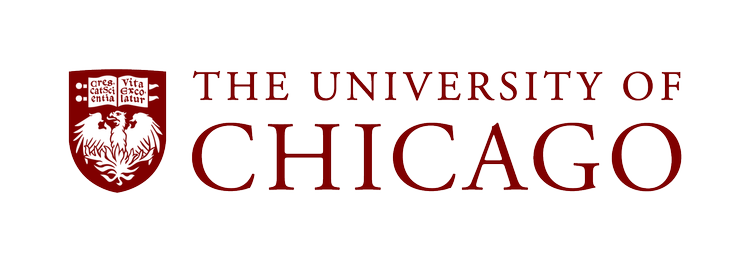Symposium Description
Practice Gap/Needs Assessment
Experts in surgery and oncology agree that recognizing, understanding, and treating the side effects of lymphedema when also treating breast cancer is essential to the thorough care of breast cancer patients. Treatment for both lymphedema and breast cancer is evolving so quickly that practicing physicians with busy practices cannot realistically stay current on the latest scientific and medical knowledge impacting patient care. Based on evaluations and feedback from the previous decade of this symposium and discussions with experts in the field, interest in these topics both nationally and internationally is growing rapidly.
The educational information presented in this activity will impact the clinical practice and behavior of the target audience by increasing knowledge of diagnoses and therapies in a multi-disciplinary approach to breast cancer, lymphedema, and breast reconstruction. It will improve learner knowledge and competence in diagnosing patient issues addressed in this conference.
Goals
The Chicago Breast & Lymphedema Symposium will identify, discuss, and demonstrate complex breast reconstruction and lymphedema therapies within the framework of creating and maintaining multidisciplinary relationships.
The standard of care for breast cancer and for lymphedema span multiple disciplines, including surgical oncology, plastic surgery, medical and radiation oncology, breast radiology, as well as rehabilitation. Outcomes are optimized for patients when multidisciplinary care is well-coordinated. Symposium faculty will illustrate concrete examples of successful patient care through coordinated intervention by breaking down individual procedures and analyzing steps in patient care. Faculty will also discuss technique and challenges encountered in various surgical procedures.
Target Audience
This activity is designed for physicians, residents, fellows, nurses, physical therapists, occupational therapists, and mid-level providers in the specialties of Plastic & Reconstructive Surgery, General Surgery, Breast Surgery, Medical Oncology, Radiation Oncology, and Lymphedema as well as other healthcare professionals dedicated to the diagnosis and treatment of breast cancer and lymphedema.
Learning Objectives
• Describe the most appropriate therapies for breast cancer, breast reconstruction, and lymphedema;
• Identify multidisciplinary strategies available for addressing complex patient diagnoses in the areas of lymphedema and breast cancer;
• Recognize optimal patients for pre-pectoral implant reconstruction;
• Select donor sites for autologous tissue reconstruction;
• Determine the expected outcomes of lymphedema treatment using case studies and evidence-based guidelines;
• Recognize the various surgical treatments of lymphedema;
• Describe the clinical and physiological impact of autologous breast reconstruction to restore patient's functional mobility and quality of life in terms of physical and occupational therapy;
• Determine opportunities to collaborate in interprofessional teams to enhance the quality of patient care and clinical outcomes in the therapeutic areas of breast cancer, breast reconstruction, and lymphedema;
• Outline common surgical techniques used during breast and lymphedema surgery;
• Recognize current concerns and trends in lymph node transfers for breast cancer patients undergoing active surveillance;
• Analyze the roles of radiation and reconstruction in breast cancer care.
Outcomes
Following the symposium, participants will be able to differentiate when to use various breast reconstruction and lymphedema procedures as well as how to facilitate new relationships across disciplines and professions to promote improved patient outcomes.
